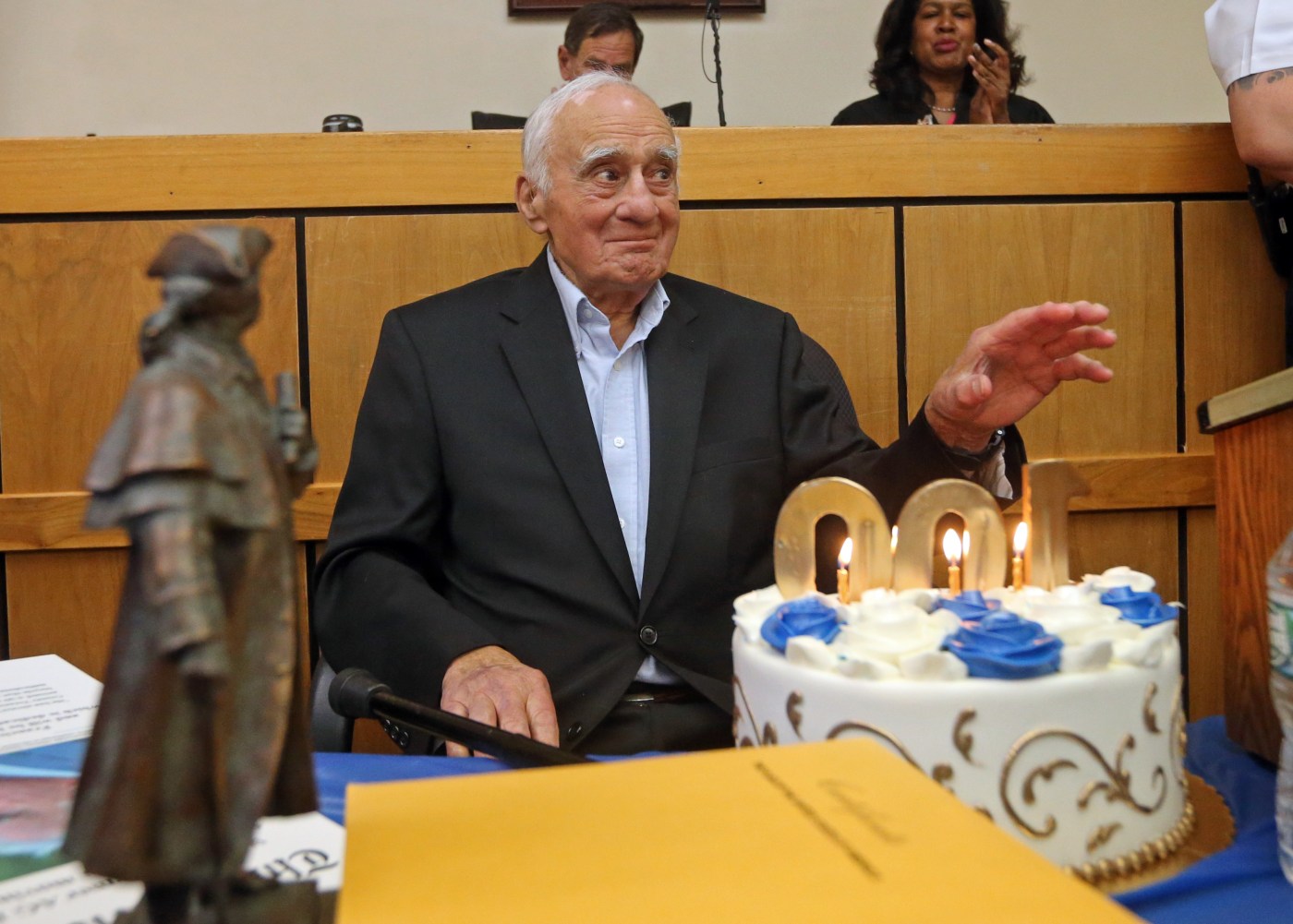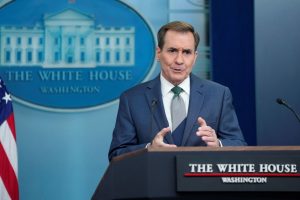
Lucas: Perseverance, professionalism Bellotti’s legacy
I first met Frank Bellotti in 1962. I had no idea how my life would be entangled with his over the years in Massachusetts politics and government.
Bellotti died last week at 101. His death ended the era of Massachusetts-elected officials who served in WWII.
I was a young reporter on my first newspaper job with the Springfield Union covering a Democratic ward committee meeting.
Bellotti was running for lieutenant governor. He was young, energetic and had a crewcut, or what we then called a whiffle.
We had a beer and I asked, “Are you related to Bellotti Oldsmobile in Somerville?” I was from Winter Hill.
“No,” Frank said, I’m Bellotti, two ‘l’s and two ‘t’s. ” Not only did he tell me how to spell his name right, but he also later taught me about perseverance.
Less than a year later Bellotti became lieutenant governor and I was a newly hired State House reporter working for the Boston Traveler, which was the afternoon paper of the Boston Herald.
Back then it was a heady assignment. Newspapers were king and Boston had seven of them. State politics was aggressive and competitive, like the newspaper business.
And the stars of the newspaper business were political columnists, one of which — longshot that it was — I dreamed of becoming.
Hardly had he been sworn in as lieutenant governor than Bellotti was running for governor after newly elected fellow Democrat Gov. Endicott (Chub) Peabody got off to a rocky start.
The term was two years back then and the governor and lieutenant governor were elected separately, not as a team as they are today.
The State House Democratic establishment supported Peabody and suggested the ambitious Bellotti wait his turn. Bellotti ran anyway, beat Peabody in the primary and faced off with Republican John A. Volpe who was seeking a comeback after being beaten by Peabody two years e earlier.
“Bring Back Volpe,” the Volpe billboards across the state screamed in 1964.
Bellotti countered’ with his own billboards: “Don’t Go Back, Go Bellotti,”
The voters went back, however, and Volpe won in a squeaker.
Bellotti was supposed to be through politically after being accused of wrecking the Democratic Party. But Bellotti had more perseverance in him than the party did.
In 1966, he ran for attorney general, won the Democratic primary, and lost to Republican Elliot Richardson.
In 1970 he ran for governor again, and was defeated in the Democratic primary which was won by Boston Mayor Kevin White who went on to lose to Republican Gov. Frank Sargent.
Surely Bellotti was finally finished, or so people thought.
But in 1974 Bellotti ran for attorney general again, this time winning the Democratic primary and the election.
Once viewed a perennial candidate going nowhere, Bellotti astonished the establishment when he revolutionized the attorney general’s office. Few people understood that outside of politics, Bellotti had a top notch legal mind and a keen sense of administration.
He removed the office from the political atmosphere of the State House into new offices in the McCormack Building. He prohibited assistant attorneys general from outside practice and made them full time employees. He took the politics out of the office and professionalized it.
For the first time, many of them realized that they were working for an authentic and experienced lawyer with a goal to create the best attorney general’s office in the nation, which he did.
He became head of the National Association of Attorneys General made up of attorneys general from across the country who molded their offices after his.
Upon assuming office in 1975 he raised salaries and improved working conditions. He set up four divisions with experienced lawyers to head up each. He then gave them freedom to work their butts off for the public in areas of crime, political corruption, consumer protection, human rights, etc.
“I gave them the freedom to fly,” he said, and they did.
When I asked him why, at the peak of his popularity, he did not run against a vulnerable Republican Sen. Edward W. Brooke for the U.S. Senate in 1978, which he would have won, he said, “I have too much respect for this office to use it as a steppingstone.”
Upon voluntarily leaving the attorney general’s office in 1986 after serving for 12 years, or three terms, he said, “I’ve set the office up so that it will take the next attorney general 40 years to wreck it.”
Some say it took less time than that.
Bellotti, out of office for 14 years, ran for governor in 1990 but was defeated in the Democratic primary by Boston University President John Silber who was later beaten by Republican Bill Weld.
Times changed. Bellotti didn’t. The perseverance was still there, but the voters were not.
Peter Lucas, a veteran political reporter, was Attorney General Frank Bellotti’s press secretary, from 1975-1979.


